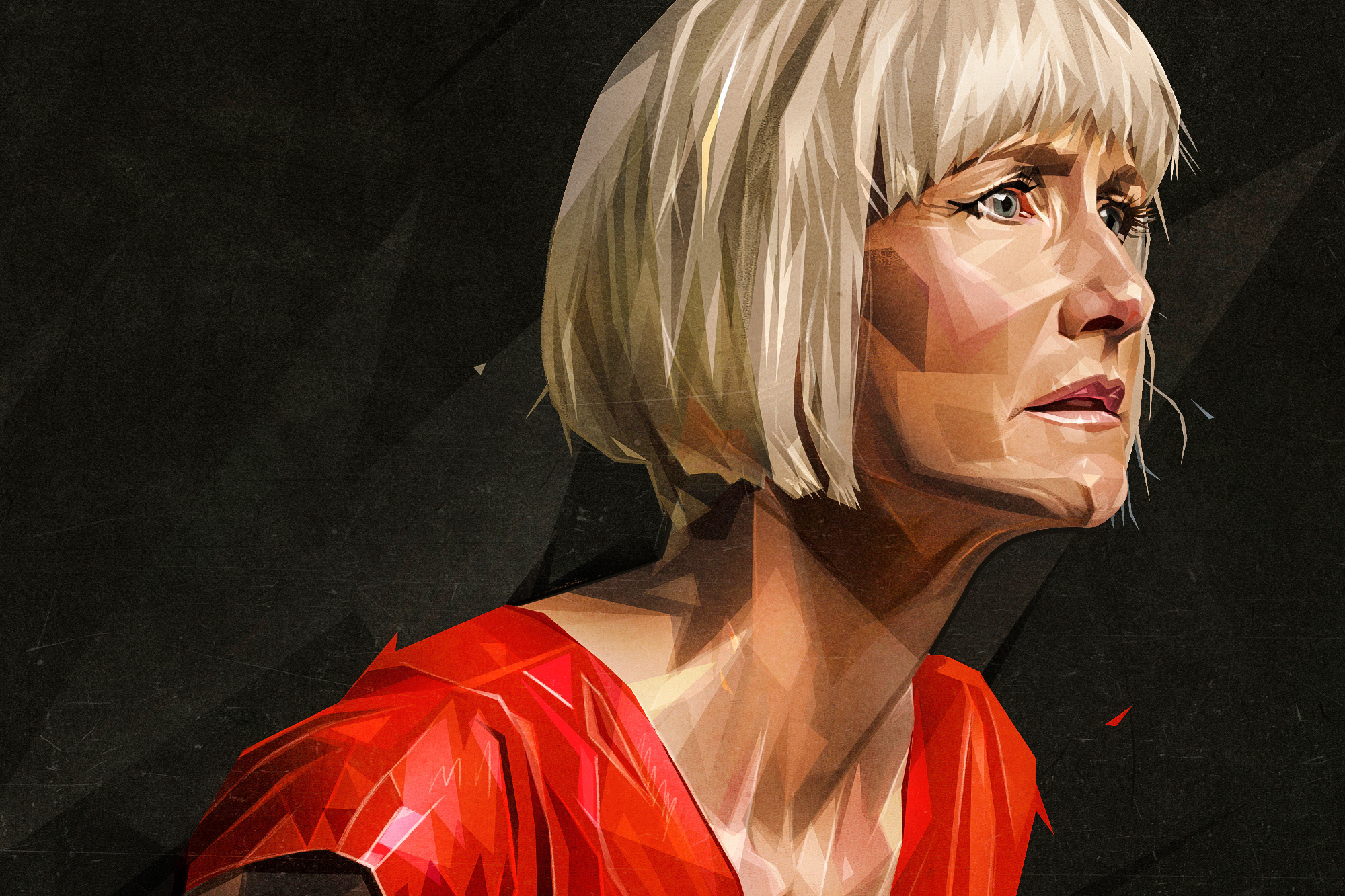Islam Defined

This piece features two girls of two different ethnicities, Somali and Afghan, and how they have developed through their beliefs and backgrounds.


Muslims recount personal journey through religion, ethnicity
During Ramadan, she decided to wear her hijab. Junior Fatima Sheikhali doesn’t always wear one, but she feels comfortable in it. So when her mom decided to stop at H.E.B., Sheikhali didn’t feel the need to take it off.
She went to get something from another aisle by herself when an older man stopped her. “You are going to Hell for killing people,” he said.
In shock, Sheikhali told him to leave her alone and continued to walk down the aisle. The man followed her, reciting words from the Bible.
Sheikhali kept trying to ignore him, but then he started to talk about her race. Thinking she was Indian, he made insensitive and derogatory comments towards her. She finally turned around to acknowledge him and said, “If you don’t stop, I will report you to the police.”
With that, the man walked away.
What bothered Sheikhali most, more than his words, was the fact everyone in the aisle watched her get yelled at, but no one spoke up. It’s a sad truth for the Somali Muslim that some people use their fear as an excuse to spread hate.
“In elementary school I remember I was proud of who I was until kids started to bully me or call me a terrorist because of what their parents told them to believe about all Muslims,” Sheikhali said. “I used to pretend that I wasn’t Muslim or Somali because of the years of kids being rude to me. When my parents would speak Somali in public, I would tell them to whisper because I was scared of what others would think about us.”
With every religion, there is a period of accepting their beliefs. Living in a predominantly Christian country, this process looks different. Junior Sadaf Naimzada used the guidance and teachings from her parents to help her.
“It took me a while to embrace my religion in public, was I embarrassed or afraid? I really can’t say for sure, it may have been both,” Naimzada said. “There is becoming a greater acceptance of Islam, and overall various religions, today, but it used to be daunting to have admit your faith and say ‘I am Muslim,’ and quite frankly, it still is today.”
Naimzada’s parents believed in teaching her about her religion, but let her make her own decisions. It was the same for Sheikhali.
“I feel like I grew up embracing my religion, but in secret,” Sheikhali said. “I was proud of who I was but was scared of the backlash. As for being shy, I never really got over it. It takes a lot for me to speak out.”
Growing up, Sheikhali went to many religious studies. There, she was taught to be the best version of herself. For Sheikhali, her best version uses her knowledge to educate people and to dedicate part of herself to being as open minded as she hopes others could be.
“My mom really influenced me to be open to my religion,” Sheikhali said. “She never forcefully made me engage in religious activity, but she was still guiding me toward being Muslim. She’s part of the reason that I love learning about culture and other religious views. She looks at everything optimistically and I wanted to be exactly like her so I copied everything she did.”
When Sheikhali was younger she felt bothered when children would tell her she wasn’t a real Muslim because she wasn’t Arab or because she didn’t wear a Hijab.
And when teachers would try to teach the Islamic religion in history and expressed their negative opinions because no one in the class “looked Muslim,” she was surprised. If they had known her religion they wouldn’t have said anything, but the opinions were still there.
All she wanted were for people to respect her religion the way she respected theirs.
“When most people think about Muslims, they don’t think about the variety of races we come in,” Sheikhali said. “I’ve noticed that being a part of both is really rewarding. Think about it, how many Somali Muslims go to Hendrickson? Standing out like that used to terrify me but now I look at it as something special. I’m proud of who I am and getting to experience both is privilege.”
Naimzada is Afghan. The culture there is also a predominantly Muslim country and she believes that religion enriches her ethnicity by allowing her to embrace her Islamic faith with Afghan culture. They coincide with each other.
But for Naimzada, she hasn’t experienced prejudice first hand. Instead, she faces ideology like islamophobia in the sense that when one person is shamed for their religion, it saddens the entire religion.
“Not very long ago, the mosque that is located at Pflugerville was vandalized in a disgusting and degrading manner,” Naimzada said. “It was upsetting to know that hate drove some people so take part in this action, against a religion of peace. But the struggles of Islam in society has made me stronger in facing the challenges that may arise and understanding what my faith is.”
Both Naimzada and Sheikhali appreciate and love their beliefs and what they do for them.
“There is no absolute fear or absolute certainty, because religion is abstract, so raise doubts and embrace the positivity, because those are the things that will strengthen your faith and create your better persona,” Naimzaada said. “The main point of Islam, to me, is understanding your purpose as a human and always remaining grateful for what you have and who your are, by the saying ‘Alhamdullillah.’”








